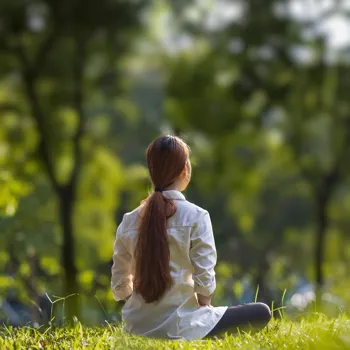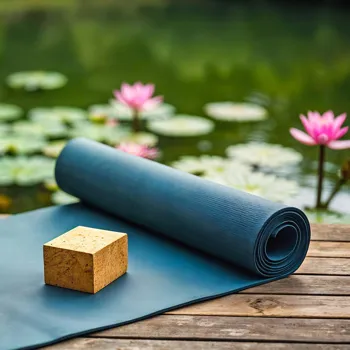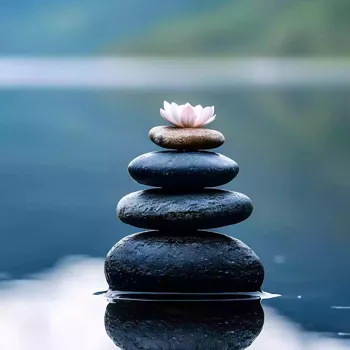Unlock the Power of Mindfulness in Daily Life. Dive into how this ancient practice can transform your well-being
In the hustle-bustle of modern Indian life, where deadlines loom and traffic snarls are commonplace,
it's easy to get caught up in a whirlwind of thoughts and worries.

Mindfulness, a practice rooted in ancient traditions, provides a powerful antidote to this chaos, offering a path to greater peace, focus, and overall well-being.
It's not just about meditating for hours in a secluded corner, but rather about cultivating a specific way of paying attention to the present moment, without judgment. By training our minds to be more aware, we can learn to respond to life's challenges with greater calm and clarity.
Art of being present: notice sensations without judgment
Mindfulness, simply put, is the art of being present. It's about paying attention to what's happening right now, both within us and around us, without getting carried away by our thoughts or emotions. Imagine sipping your morning chai.

Instead of scrolling through your phone or mentally planning your day, you truly taste the warmth, the spices, and the simple ritual of the moment. This is mindfulness in action.
It's about noticing the sensations of your breath, the sounds around you, and the feelings in your body, all without judging them as good or bad.
Mindfulness benefits for students, professionals, and homemakers
The benefits of incorporating mindfulness into daily life are numerous and well-documented. For students grappling with exam stress, mindfulness can sharpen focus and improve concentration, allowing them to absorb information more effectively.

Professionals facing demanding workloads can find mindfulness to be a powerful tool for managing stress, reducing anxiety, and enhancing decision-making skills.
Even homemakers juggling multiple responsibilities can benefit from mindfulness by finding moments of calm amidst the chaos and cultivating a greater sense of gratitude for the simple joys of life.
Mindfulness reduces stress by focusing on the present moment
One of the most significant benefits of mindfulness is its ability to reduce stress and anxiety. When we're constantly bombarded with thoughts about the past or worries about the future, our bodies enter a state of chronic stress.

Mindfulness helps us break free from this cycle by grounding us in the present moment. Studies have shown that regular mindfulness practice can lower levels of cortisol, the stress hormone, and activate the parasympathetic nervous system, which promotes relaxation and calmness.
This, in turn, can lead to improved sleep, reduced blood pressure, and a stronger immune system.
Mindfulness improves emotional regulation skills, leading to better responses and relationships
Mindfulness can also enhance our emotional regulation skills. By learning to observe our emotions without judgment, we can become less reactive and more responsive.
For example, instead of lashing out in anger when faced with a frustrating situation, we can take a moment to acknowledge the feeling, understand its source, and choose a more constructive way to respond.
This can lead to improved relationships, greater self-awareness, and a more balanced emotional state. Mindfulness helps us recognize that our emotions are temporary and that we don't have to be controlled by them.
Incorporate mindfulness with simple practices for greater well-being
Incorporating mindfulness into daily life doesn't require drastic changes or hours of meditation. Simple practices, like taking a few deep breaths before starting a task, paying attention to the sensations of walking, or savoring a cup of tea, can make a significant difference.

Several apps and online resources offer guided meditations and mindfulness exercises that can be easily integrated into a busy schedule. The key is to start small, be consistent, and be patient with yourself.
Like any skill, mindfulness takes practice, but the rewards – greater peace, focus, and well-being – are well worth the effort.
AI Generated Content. Glance/InMobi shall have no liability for the content












